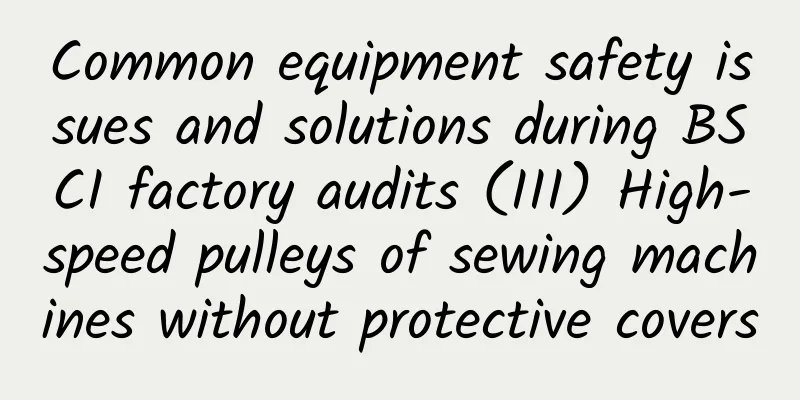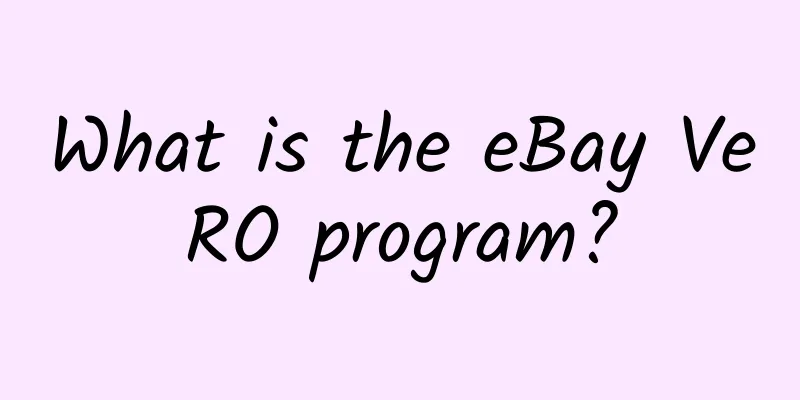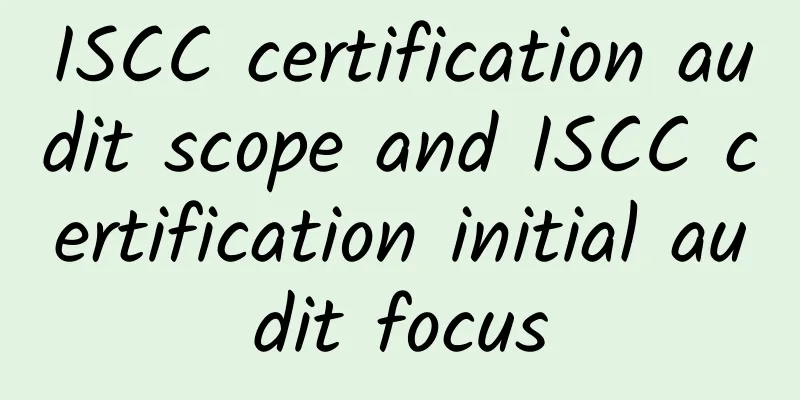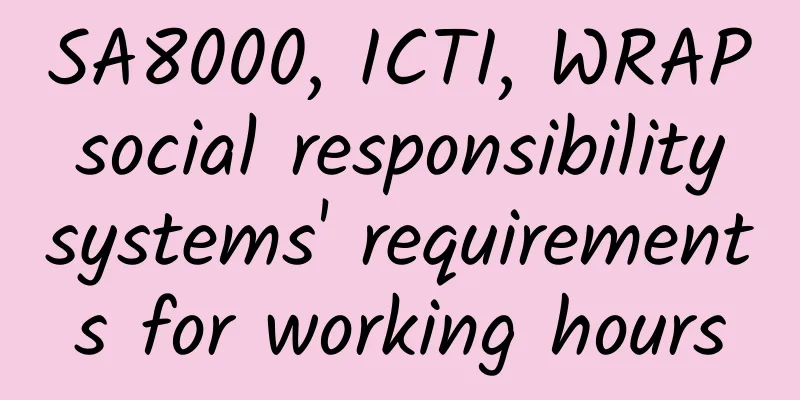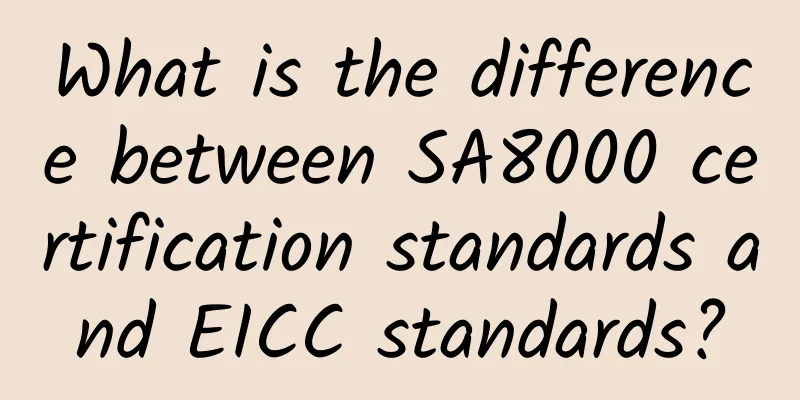New textile standards to be implemented on August 1, stricter control of harmful substances
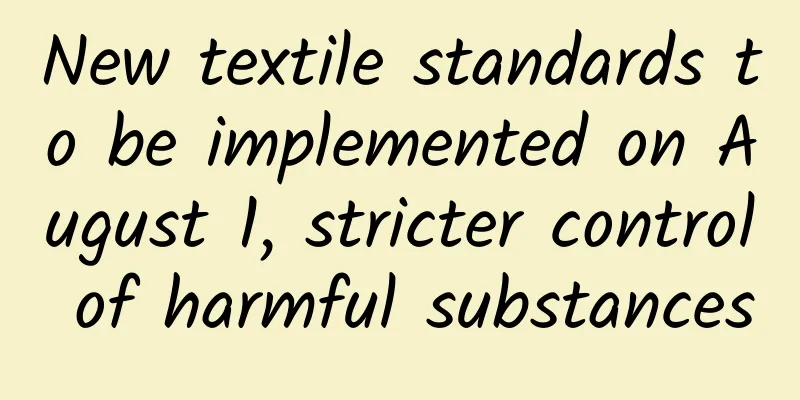
|
The new version of the "National Basic Safety Technical Specifications for Textile Products" will be officially implemented on August 1, 2012. Textile products that do not meet the new standards will be prohibited from production, sales and import. Since the new standards have put forward higher requirements for the production of textile and garment enterprises, it may trigger a new round of industry reshuffle. Industry insiders said that the implementation of the new national standard for textiles will bring stricter entry barriers to the Chinese textile consumer market, but it will not have much impact on the cost of clothing, and the possibility of price increases for finished clothing products is not great. Expanded range of infant and toddler products The standard stipulates that clothing products that meet the A-level standard values can be used by infants and young children, clothing products that meet the B-level standard values can be worn next to the skin, and clothing products that meet the C-level standard values can be worn. In addition, the new standard has changed the definition of infant textile products from the original "24 months or height below 80 cm" to "36 months or height below 100 cm". This means that the age range of infant textile products has been expanded, and infant textile products for 36 months or height below 100 cm need to be included in the assessment scope of Class A products. Stricter control of hazardous substances In addition, unlike the old standards, the new national standard for textiles has stricter control over toxic and hazardous substances, and also puts forward higher requirements on the capabilities of inspection agencies. "This new national standard has made clear restrictions on the formaldehyde content, pH value, color fastness and other safety and physical properties of three categories of textiles, and stipulates that there must be no odor in the products." The head of a large clothing company in the city told reporters, "This undoubtedly increases the entry threshold for companies to enter the market. Companies have to spend more financial and material resources on raw material control, and costs will increase. However, since the implementation of the new national standard has been postponed for one year, companies have adjusted their raw material procurement and product production strategies in advance, so the cost pressure is not great." A relevant person in charge of the Tianjin Garment Chamber of Commerce said that the new standard has put forward higher requirements on the production of textile and garment enterprises, which will increase the costs of enterprises to a certain extent, but overall it has little impact on the price of finished garments, and the possibility of clothing price increase is not great. |
<<: 2012 China Shanghai Testing Industry Exhibition was held
>>: Three reasons why Walmart may only get an orange light during factory inspections
Recommend
6 Ways to Optimize Your “Best Match” Listings on eBay
eBay is one of the most mature e-commerce marketp...
How much does KeywordInspector cost? What sites are KeywordInspector applicable to?
KeywordInspector provides sellers with the functi...
Useful Information | What are some good operational ideas for eBay?
For sellers who have just started selling on eBay...
Relevant points to note in anti-terrorism certification
1. Security Management System 1. Develop written ...
Mattel Factory Inspection/Inspection Consultation Dormitory and Canteen Safety
Mattel Factory Inspection/Inspection Consultation...
How to deal with surprise factory inspections
1. When factory staff receive a call from a suspe...
BSCI Supplier Participation Requirements
The role of suppliers in the implementation of BS...
How about Jindai Freight? What are the advantages of Jindai Freight?
How about Jindai freight forwarding? Jindai Techn...
Disney Factory Chemical Waste Management Procedure
1. Purpose The purpose of this standard is to cle...
Urgent notice: Please check the contract remittance information carefully to avoid being deceived
Urgent Notice: Some scammers are trying to defrau...
Carrefour CAP Improvement Action Request
Carrefour CAP Improvement Action Request Carrefou...
OpenSky--High-end version of "wish"
What is OpenSky? OpenSky is a website where blogg...
How is Export Easy Logistics? What products and services does Export Easy Logistics provide?
Export Easy Logistics is a subsidiary of Guangzho...
Timberland Timberland factory audit project
Timberland Timberland factory audit project 1. Chi...
Is it no longer possible for individuals to open stores on eBay?
A friend asked me, can't individuals open sto...
